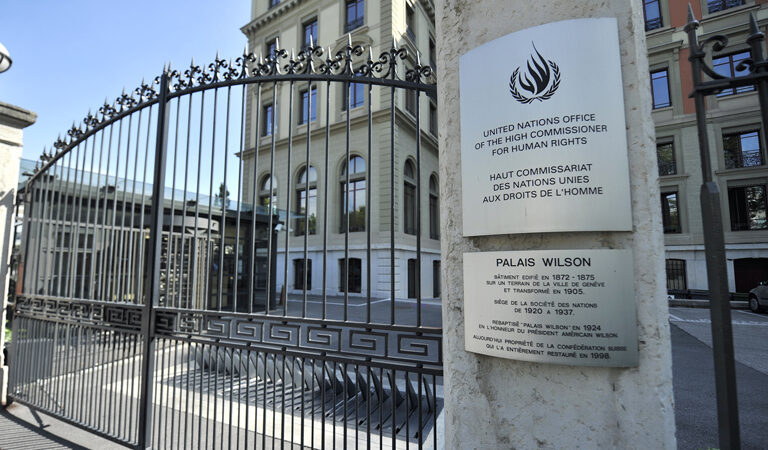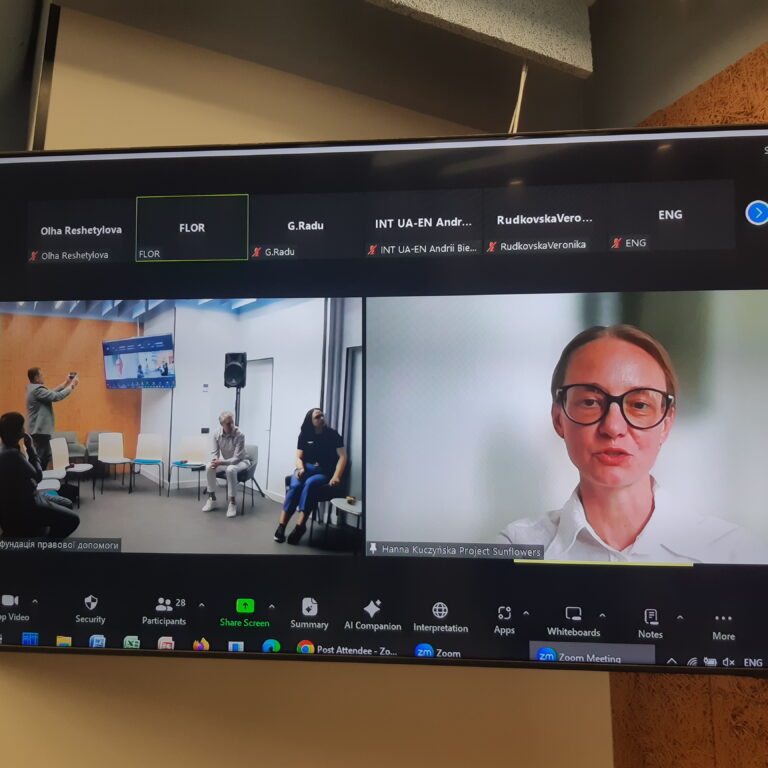In framework of permanent cooperation with UN human rights’ bodies our Association informed Office of UN High Commissioner for Human Rights for his report on the impact of casualty recording on the promotion and protection of human rights, including relevant practices, in particular the role of casualty recording in upholding and fulfilling the rights of victims of armed conflict, post-conflict situations, and gross violations of international human rights law.
In ARC’s submission, prepared by Professor Borys Babin and published on UN web-sources in June, the issues of gross negative impact of Russian aggression on human rights were reflected, regarding casualty recording issues. Submission stressed that before Russia’s broad-scale aggression Ukraine was realizing the potential and necessity of transitional justice, including casualty recording challenges, for the resolution of the conflict and post-conflict settlement and reconciliation.
But now, ARC’s submission stresses, the actions of Russian invaders, including discriminatory policy of the occupying administration in the Crimea, with criminal goal of destruction of the ethnic Ukrainian and indigenous Crimean Tatar people, violate fundamental rights of victims of armed conflict in such broad framework, that issues of casualty recording is a key challenge for legal enforcement, humanitarian, human rights and judicial entities.
The ongoing terrific humanitarian consequences of Russia’s destruction Kakhovka HPP dam is strong example of such challenges.







